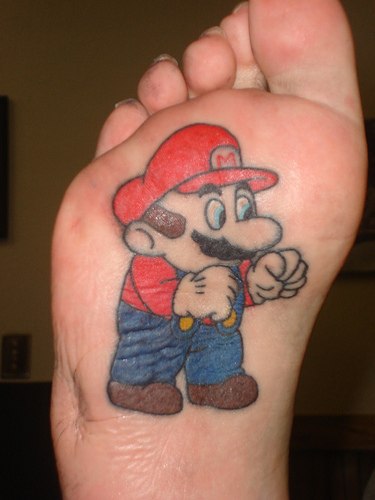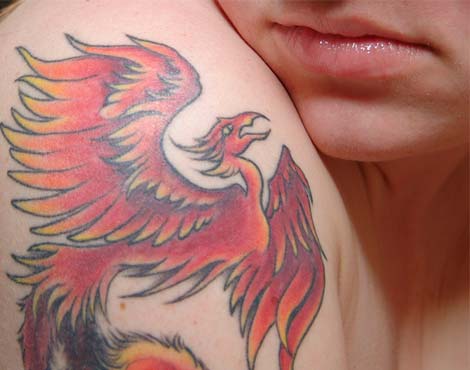The best way to avoid needing tattoo removal, of course, is to be very careful about what tattoos you get. Most people seek tattoo removals because they have tattooed a name on their body and they are no longer associated with that name or person. People also want their tattoos removed because they carry a symbol on their body that they had tattooed during a time of fad, and realize they no longer want that symbol. In order to decrease your chances of needing tattoo removal, you should consider very carefully what kind of tattoo you want to get, and above all else you should make sure that you are getting a tattoo that speaks to you and you alone, and is one that is going to continue to be important to you, no matter what changes you might go through in your life.

Of course, not everyone plans ahead and makes tattoo decisions that they'll be happy with for their entire lives. Even when people think through their tattoos very carefully and take all of precautions, the facts remains solid that they simply might change their minds and no longer want a tattoo.
Long Process
If you are thinking of tattoo removal, you should know that it is a long process. There are several methods of tattoo removal, and the degree to which they work depends on a variety of factors. Depending on how well the tattoo was applied, how long it has been on the skin, and how big it is, you could end up with colors or scarring, or you could be left with no tattoo at all.
Several methods
There are several methods for removing tattoos - but remember, each method should only be done by a doctor or by a trained tattoo removal artist.

Excision is the process of cutting away at the tattoo. With a small tattoo, the skin that holds it is simply cut out, and the edges are then sutured. If a larger tattoo is being removed, pieces of it can be cut out in sections. In this process, the patient might end up with scarring, but sometimes that proves a better alternative than the tattoo.
Dermabrasion is the process of rubbing the tattoo off. The tattoo is sprayed with a solution that allows the area to freeze, and then the area with the tattoo is sanded with an abrasive rotary device that causes the skin to peel. When the skin peels, the ink will come up with it. Several treatments are usually needed.

Lasers are another method of removing tattoos. The laser is directed at the tattoo and breaks up the pigment, the pieces of which the body moves to the surface. Like the others, there are usually several treatments of laser tattoo removal that are needed.

With all of these methods is it important to note that there are many factors you have to consider when deciding how effective tattoo removal can be. If you are still interested, it is suggested that you talk to your doctor about tattoo removal. Your doctor can recommend a method and a place that will fit your needs and do well for you.